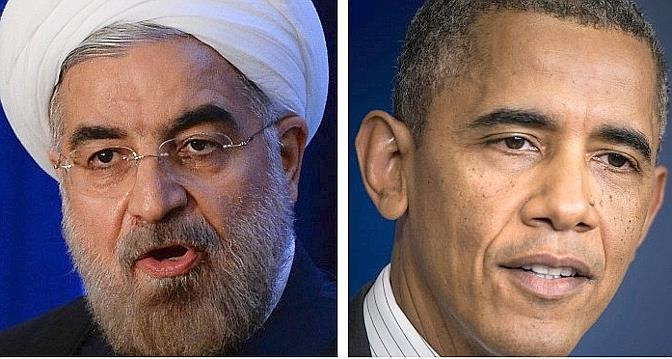Editorial
Iran-US Dialogue and Its Challenges

During the past two weeks, interesting developments have occurred in the area of Iran’s foreign policy. The President and the Iranian delegation’s trip to New York and Foreign Minister Javad Zarif’s professional maneuvers made this year Iran’s year at the United Nations General Assembly. The foreign ministers of Iran and the US spoke face-to-face after 33 years and following the Islamic Revolution, the presidents of the two countries officially initiated telephone diplomacy for the first time.
It appears that developments are moving in a good direction. The P5+1 had direct dialogue with the Foreign Minister and reached an agreement to continue their serious discussions in Geneva.
However, this is only what we see on the surface. The front that is historically opposed to Iran, meaning the Arabs with their nationalistic view and Israel with its ideological way of thinking, looks to destroy the new relations between and exigent measures by Iran and the US.
The Arabs, who have chosen a double-standard policy towards terrorism in the past ten years and have dealt with security in the region hypocritically, are now facing the nostalgic feeling of Iran’s return to the US which would put the stability and security of their totalitarian regimes in danger.
The Iran-US discourse will lead to a decrease in regional threats and could bring about a new definition for the security mechanism of the Persian Gulf region in extra-regional relations. Iran and the US have common interests and face common threats! The Arabs look at this phenomenon with great fear and concern. What are the common interests and threats of a world power like the US and a regional power like Iran?
Radical ideological terrorism in the region led by al-Qaeda, militia groups associated with al-Qaeda that currently have strong bases in Iraq, Afghanistan, Syria, and Jordan, and follow a specific ideology in the Jihad of Islam against blasphemy. All of these Salafi groups that have roots in Egypt, Saudi Arabia, and Pakistan are linked to Arab governments in the region and their intelligence organizations and look at Iran and the US as strategic goals.
- Drug trade, on which the US and Iran must come to a conclusion because of their interests.
- The non-existence of civil society and democracy will lead to the phenomenon of radical movements. Iran and the US can contemplate democracy in the region with a common goal.
- Stability in the region and regional security management can lead to a decrease in costs and threats for the US and this is not possible without Iran!
- The Zionist ideology is worried and fearful about Iran-US relations. The Israelis are on a serious mission to try to disrupt these relations or guide the normalization of relations between the two countries from Tel Aviv.
The Iran-US dialogue has domestic opponents on both fronts. The Israeli lobby on one side and revolutionary groups on the other are worried about what will happen.
In my opinion, these relations will become stabilized only when the two countries become aware of the other side’s sensitivities. They should take exigent steps forward and put aside any old claims for the time being.
Iran-US relations could lead to movements of awakening and development and the promotion of democracy and regional relations only if both sides look at the future with a broad perspective and take practical measures in a new environment.

